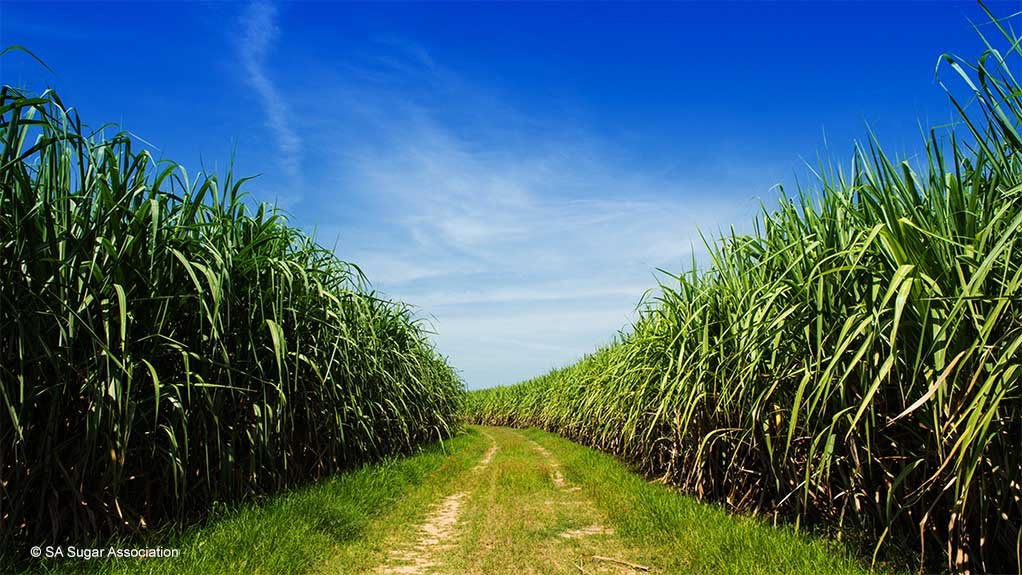Durban High Court judge Rashid Vahed on December 4 ruled that the Sugar Industry Agreement creates statutory, not contractual, obligations that are not overridden by the business rescue process under the Companies Act.
Vahed was hearing sugar miller Tongaat Hulett's application to suspend its payment obligations arising out of the Sugar Industry Agreement.
This means the business rescue practitioners (BRPs) at Tongaat Hulett and Gledhow cannot suspend the obligation to pay more than R1.5-billion that was owing to the South African Sugar Association (SASA) at the end of March, and which was not paid at the time owing to the BRPs' contention that the business rescue process took precedence over industry arrangements, says industry organisation South African Cane Growers Association (SA Canegrowers) chairperson Andrew Russell.
The purpose of the Sugar Industry Agreement is to ensure that all parties, namely growers, millers and refiners, benefit from an equitable division of the proceeds of the local market and are insulated against the risk of the export market.
The judgment holds that the obligations under the Sugar Industry Agreement are "simply the cost of doing business" and, therefore, not subject to the moratorium on the rights of claimants applicable to business rescue proceedings under the Companies Act.
"The substantive basis for the dismissal of the application is a welcome outcome for the ongoing sustainability of the sugar industry. This judgment brings the industry one step closer to a resolution of this critical industry matter. It does not, however, put the matter to bed.
"SA Canegrowers will monitor the situation in the coming days to determine whether the BRPs elect to appeal the judgment, and how they address this matter in light of the publication of the proposed business rescue plans last week, which do not include provisions to pay the more than R1.5-billion that was owing to SASA," says Russell.
"It is our hope that the plans will be revised to accommodate the payment of the industry obligations upheld by the High Court. Failure to do so will needlessly prolong what has already been a protracted and costly process for the entire industry and will continue to put thousands of livelihoods at risk."
SA Canegrowers will continue to study the full implications of the judgment and to engage industry partners to find a mutually beneficial resolution to this matter in order to maintain the sustainability of the industry and protect the one-million livelihoods it provides, he adds.
Edited by: Chanel de Bruyn
Creamer Media Senior Deputy Editor Online
EMAIL THIS ARTICLE SAVE THIS ARTICLE
ARTICLE ENQUIRY
To subscribe email subscriptions@creamermedia.co.za or click here
To advertise email advertising@creamermedia.co.za or click here













